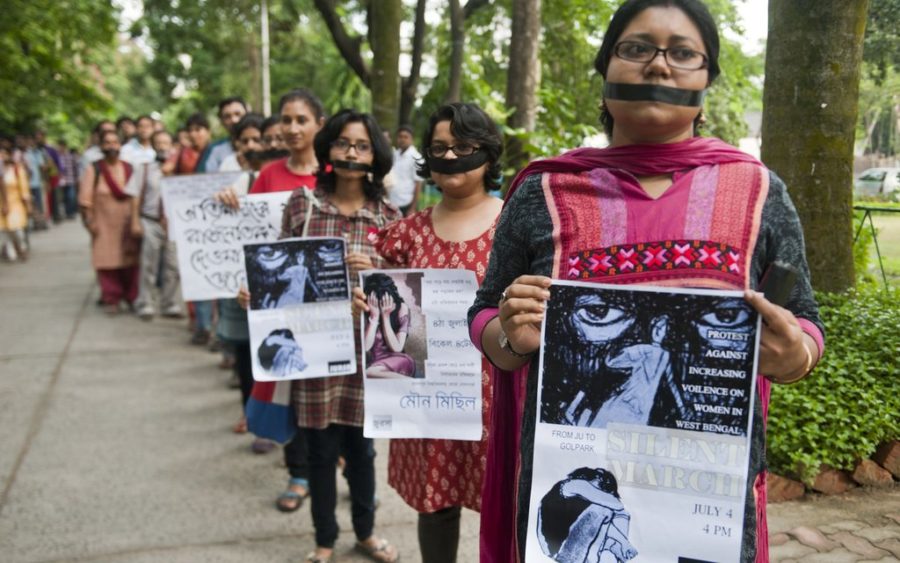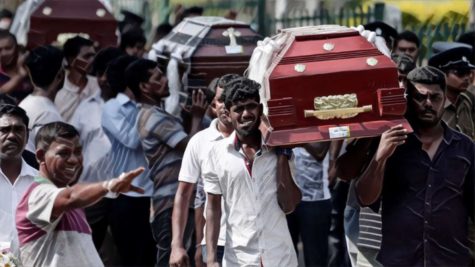Rape Regression
On August 18th, a ten-year-old girl in Northern India, after being denied abortion, gave birth to a baby. The ten-year-old was allegedly repeatedly raped by her uncle, and India’s Supreme Court denied the family’s request for abortion three weeks prior the birth date. The girl was not aware of her own pregnancy, and her family found out after she was taken to the hospital due to stomach pain complaints–she was thirty weeks pregnant at that time. The parents then found out that the girl was repeatedly raped by her uncle at home; after the uncle was arrested, the family pleaded the Court to grant abortion. The pleas were denied and the ten-year-old girl ultimately gave birth. The newborn was underweight but in stable condition. The parents of the young girl are now looking for ways to put the newborn up for adoption.
Because of India’s Medical Termination of Pregnancy Act, unless under exceptional circumstances or granted permission by the courts, the country does not allow abortion after twenty weeks of pregnancy. An increasing number of cases like these have come to the court in recent years. India continues to struggle with the rising issue of sexual assault. Ninety percent of females in India have been sexually assaulted, but despite attempts by the government to increase penalties for sexual assault and strengthen laws, the number of reported rapes have continued to rise and rose by fifty percent between 2011 and 2016. In 2015, India had a record of 20,000 cases of rape and sexual assault of minors, most of which were committed by family members or friends.







